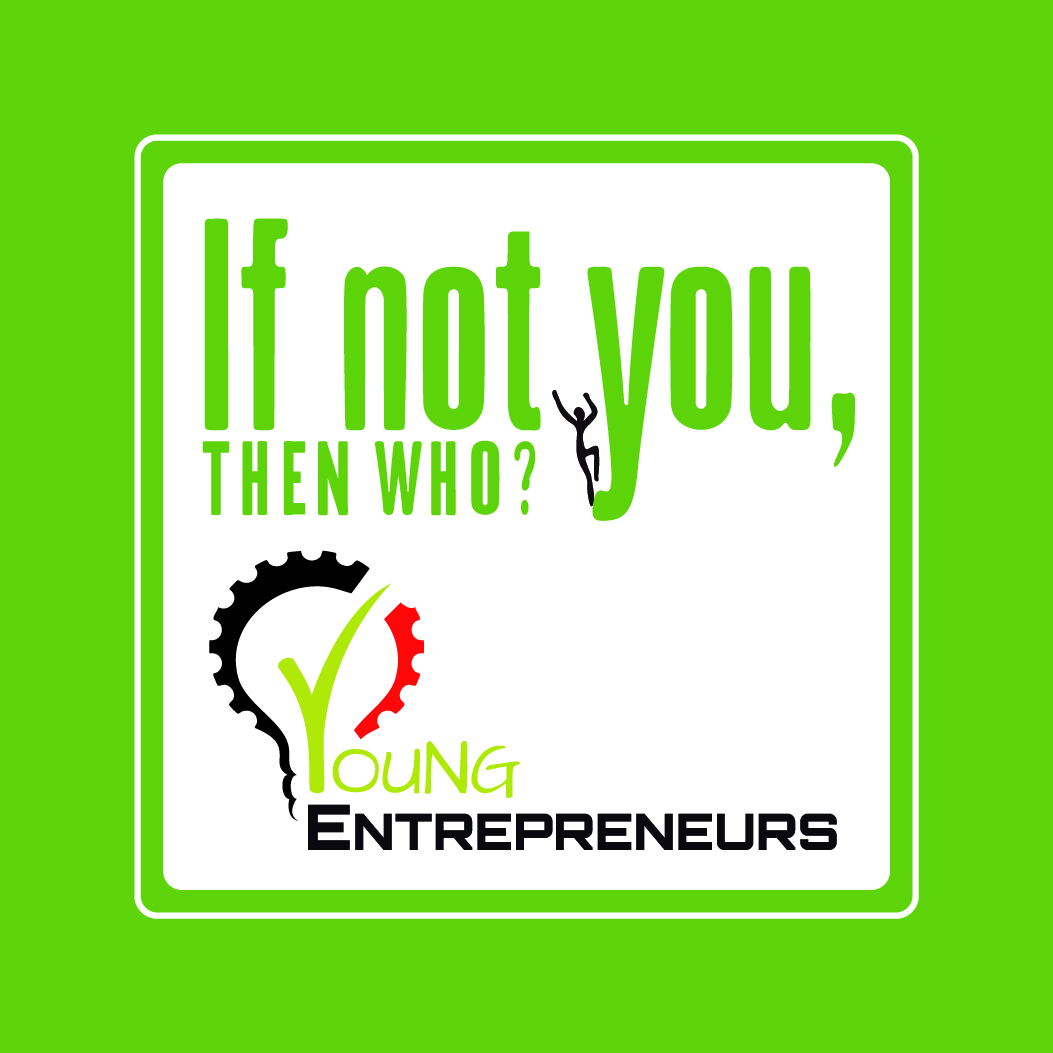
If not you, Then who?
Methodology to teach young people entrepreneurial competencies.
HOW TO USE THE COURSE?
This pack contains step-by-step guides and a range of other resources (for example, case studies, business scenarios, resources and printable materials) to support the delivery of each session.
The course is divided into two levels:
Start up:
The Start-up sessions provide an introduction to entrepreneurship and the Economy for the Common Good and are designed to develop young people’s creativity, capacity for problem solving and tenacity. The Start-up sessions will allow young people to reflect upon their own aspirations and consider whether they have the motivation and drive to become a successful entrepreneur.
Ready to go:
The Ready-to-go sessions explore each topic in more detail and provide practical tools to turn what may only be an idea for a business into a viable and sustainable enterprise. Note that the Business Plan session has been split into two hour-long session plans: an introduction to using ECG within the context of a business plan, followed by the practical application of ECG values in relation to a real example. We recommend you read through both sessions, and consider using both Part One and Part Two.
The course is made up of eleven sessions at each level. The sessions are designed to last approximately one hour.
YOUNG ENTREPRENEURS – IF NOT YOU THEN WHO?
The Young Entrepreneurs course If Not You ThenWho? uses a learner-centred approach to develop responsible entrepreneurship and creativity in young people. In particular, the course aims to:
-
familiarise young people with the Economy for the Common Good (ECG), an economic model that is designed to address the needs of the entire population and not just the fortunate few offer opportunities for young people
-
to reflect on the benefits and challenges of a model based on values such as social justice, transparency and environmental sustainability
-
give young people the skills, knowledge and attitudes needed to become successful entrepreneurs.

The course is designed to be used flexibly with young people aged 14 and above by educators within both formal and non-formal learning contexts, for example, secondary school teachers, college or vocational tutors, independent trainers or youth workers.
-
Using a non-formal learning approach
This course is designed according to the principles and methodology of non-formal education, which means:
-
it is learner-centred: the trainer/facilitator supports and empowers learners in their learning
-
it is designed to develop learners´ competences: that is, the development of skills, knowledge and attitudes
-
responsibility for learning is shared between the participants and the trainer/facilitator: this means respecting the knowledge and experience of everyone involved – through a willingness to participate, and share expertise, everyone will learn
-
it is flexible: the facilitator can design their own course structure from the sessions available, selecting those that are most appropriate for the learners´ needs. The trainer/facilitator should respond to the level of knowledge, circumstances and expectations of the learners and shape the content and style of the sessions accordingly.
-
ABOUT THE PROJECT
This project was funded byErasmus+, the EU Programme in the fields of education, training, youth and sport for the period 2014–20. It is designed to support programme countries’ efforts to efficiently use the potential of Europe’s talent and social assets in a lifelong learning perspective, linking support to formal, non-formal and informal learning throughout the education, training and youth fields. The programme also enhances the opportunities for co-operation and mobility with partner countries, notably in the fields of higher education and youth work. This project responds to the one of the Erasmus+ programme aims, which is to tackle rising levels of unemployment – particularly among young people.
ECG KNOWLEDGE HUB, SPAIN
Congratulations to all partners of this project and your initiative to promote Economy for the Common Good values to young people. From the point of view of the Economy for the Common Good, the skills and values needed to become an entrepreneur are the same as the skills and values we use in daily life: the way we learn, the way we relate to family, friends, work, free time; the way we face challenges and meet our responsibilities (to the unemployed, the elderly, children, children with special needs etc).

Concepción Martínez
Cristina Ferrer
ECG KNOWLEDGE HUB.

At present we face serious global problems (climate change, loss of bio-diversity, pollution, inequality, unemployment, among others), and these problems look set to grow. Solving these problems will require the collective response of several generations. We should see young people as challengers to the false reality made by profit and competition; and champions of a more respectful, caring and cooperative reality, a reality that includes the human being and the environment as a whole. We see this book as an example to be implemented and followed by society: an example of courage, initiative and non-conformity, which can contribute to new economic renovation, based on the Economy for the Common Good.
Together we can achieve a just world for all!

The course and training pack were designed, developed
and piloted by staff within the following organizations:
– Asociación Jóvenes Solidarios (AJS), Arenas de San Pedro, Spain
– London Borough of Hackney, London, UK
– Patrónus, Veľké Kapušany, Slovakia
– Haceteppe University, Ankara, Turkey.
As well as having previously collaborated on other projects, we have a strong track record of working in the youth work sector, in formal and non-formal settings and in rural and urban environments. Our combined experience and expertise ensure that the resources developed as part of this programme meet the learning needs of young people aged 14 and above. We have developed this programme to address the lack of entrepreneurship we have observed among young people who are approaching the end of their formal school education. In order to respond quickly to the current and future needs and challenges facing our society, we need young people who are creative, motivated, innovative, and effective at decision making.
Asociación Jóvenes Solidarios
London Borough of Hackney
Tom Sheppard
Patrónus
Nagy Zsuzsanna
Vladimir Doša
Hacettepe University
Yusuf YILDIRIM
Bugay TURHAN
PARTNERS

COLLABORATORS:
SPAIN: IES Valle del Tiétar, Arenas de San Pedro
GREAT BRITAIN: Hackney Youth Opportunity Fund Panel,
REINO UNIDO: Begum, Jasmine Charlton, Ella Kitson, Beth Foster-Ogg, Bruno Gaisie, Alima Lakhouane, Maria Nikolova, Kennedy Nwosu, Moonisah Parvin.
SLOVAKIA: Stredná odborná škola – Szakközépiskola F. Kráľa, Veľké Kapušany, Youth Parliament of Veľké Kapušany.
TURKEY: Merve UĞUR, Ali Osman AYDIN, Fatma Günseli ÖZKAN.
GRAPHIC DESIGNERS





